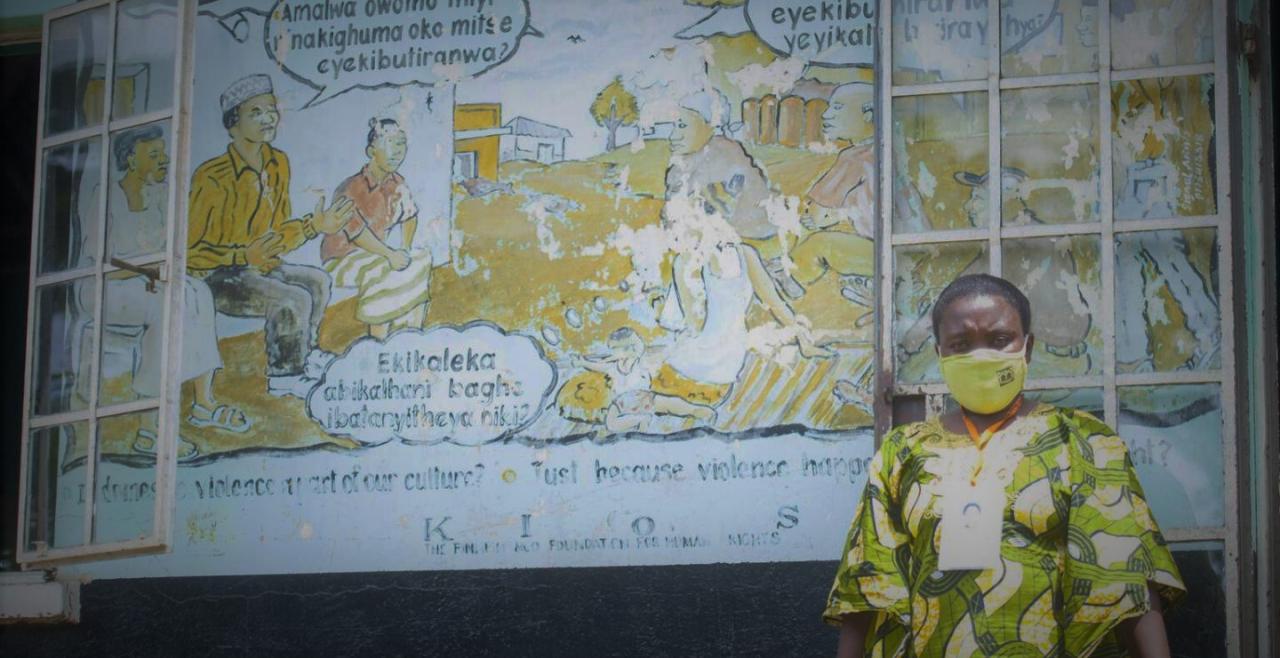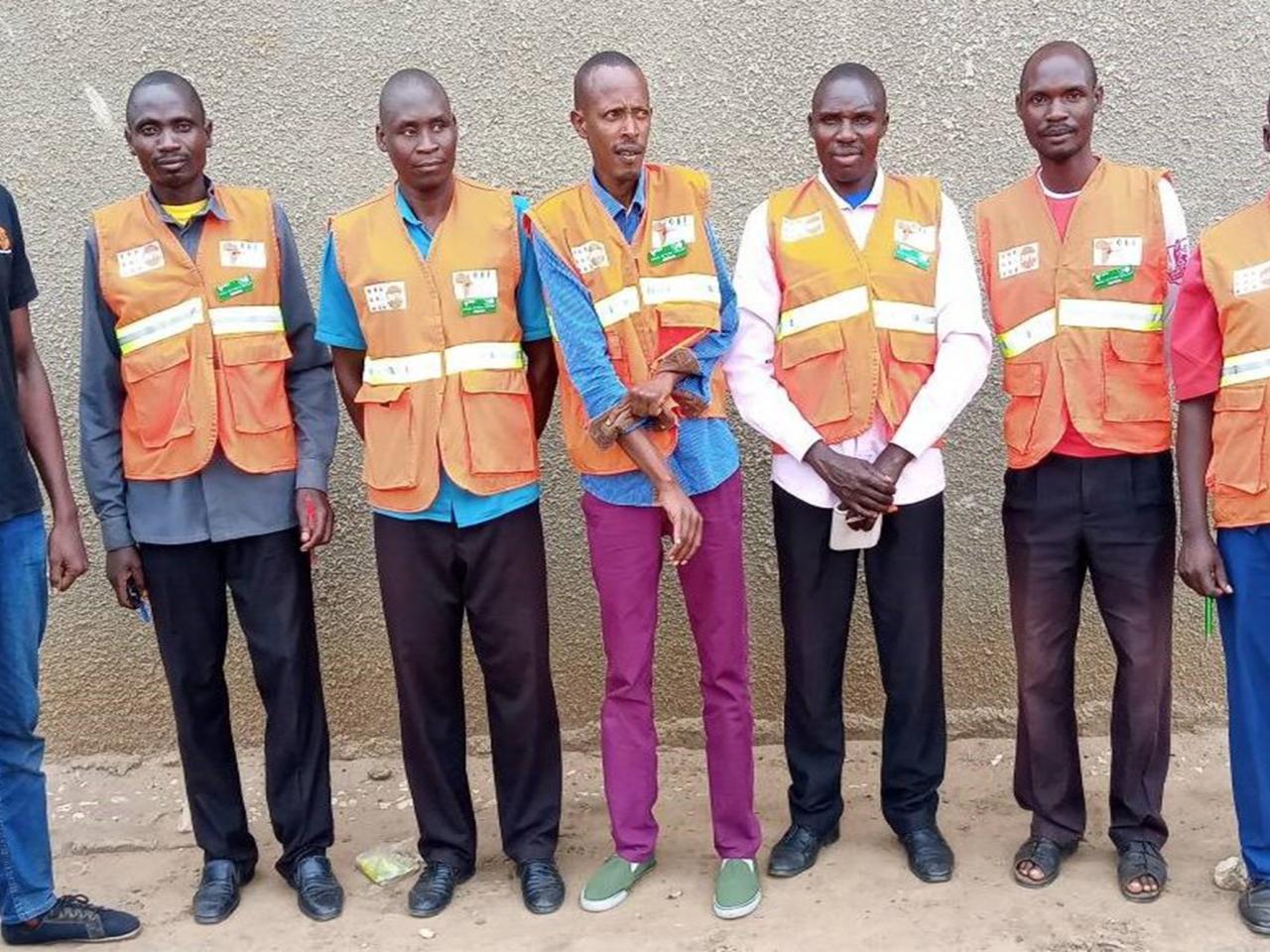The para-social workers helping to end wife inheritance and guarantee women's land rights

KASESE, Uganda - Sarah Mbambu already had 10 children with her husband when he died in 2020. Like many women in the Bakonzo community, she had been married young.
Tradition dictated that after the death of her husband, the widowed Ms. Mbambu would be “inherited” by one of her late husband’s brothers, along with his assets. But at the clan meeting that followed his death, it was decided that the family would take just the property - minus Ms. Mbambu and her children.
Ms. Mbambu’s in-laws didn’t like her because she had worked hard to build a coffee farm with her husband and had insisted on educating their children. They feared she had a sense of entitlement to the property, and kicked her and the children out before the funeral had even taken place.
"We have been working with the clan leaders quite a lot. These elders make it easier for programmes to be accepted." - Biira Everket, para-social worker
Para-social worker Biira Everket, who works with the Spotlight Initiative, heard about what had happened to Ms. Mbambu and vowed to help her regain access to her property. After interviewing everyone involved, Ms. Everket filed a report with the Sub-County Social Welfare Officer. Once the authorities were involved, clan leaders quickly realized that the police were ready to take action on behalf of Ms. Mbambu. Not only that, but they could be charged with a criminal offence for evicting her.
Ms. Mbambu was reinstated in her home and the clan leaders officially apologized to her.
Though Ms. Mbambu was able to return home, customs such as wife inheritance violate the rights of women and girls, often leaving them vulnerable to violence and discrimination or subject to the whims of their extended family. They may even fear retaliation from their husbands' families for reporting abuse, says Ms. Everket.
While a woman’s right to inheritance is protected by law in Uganda, it isn't always respected. Working with clan leaders and other traditional authorities is critical to ensuring that women’s rights are acknowledged in practice as well as theory.
“We have been working with the clan leaders quite a lot,” says Ms. Everket. “These elders make it easier for our programmes to be accepted… Sometimes they even endorse us invoking the law to deal with stubborn cases,” she explains.
The Spotlight Initiative is a partnership between the European Union and United Nations to eliminate all forms of violence against women and children. It is implemented in seven districts of Uganda, including Kasese.
Originally published by UNICEF. By Joachim Buwembo

